21 expensive foods worth spending more on
Get the most from your food budget
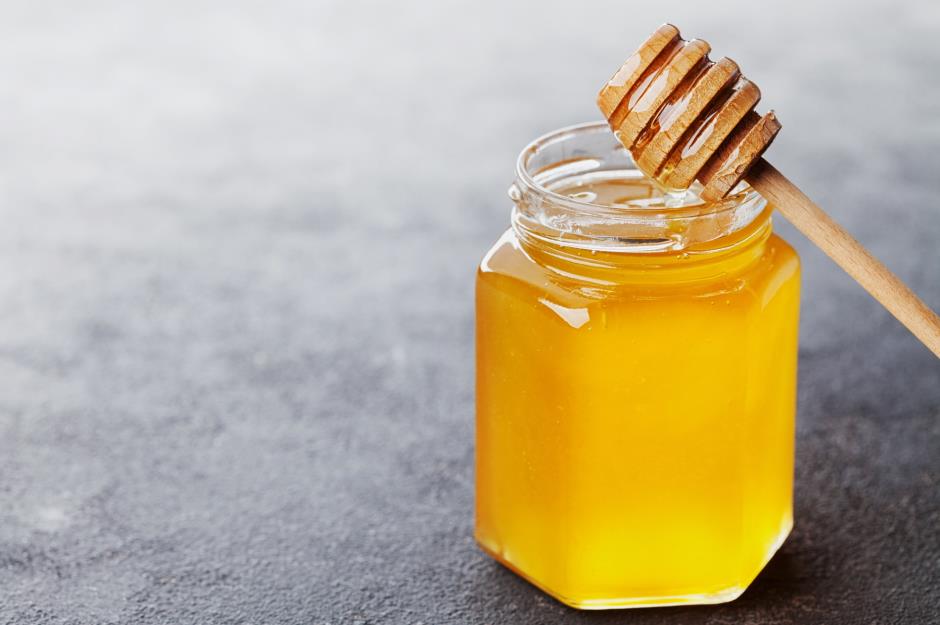
Splurging on food isn’t about paying oodles for caviar and Champagne, it’s about buying the best, most nutritious produce and products you can afford. What's more, if your kitchen is full of quality items you may resist wasting anything, which is good news all round. Here’s where you should indulge your hard-earned cash.
Chocolate
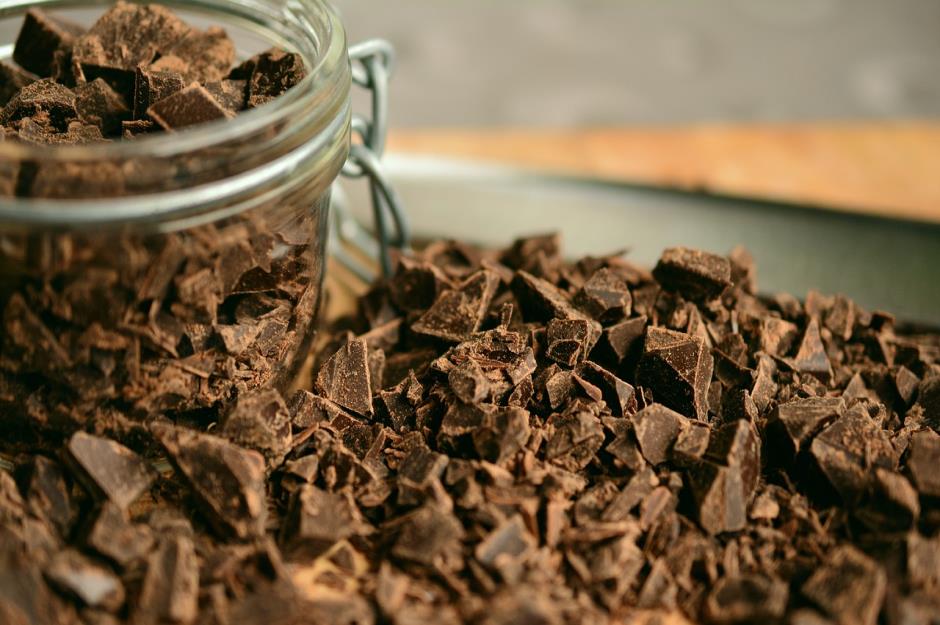
Extra virgin olive oil
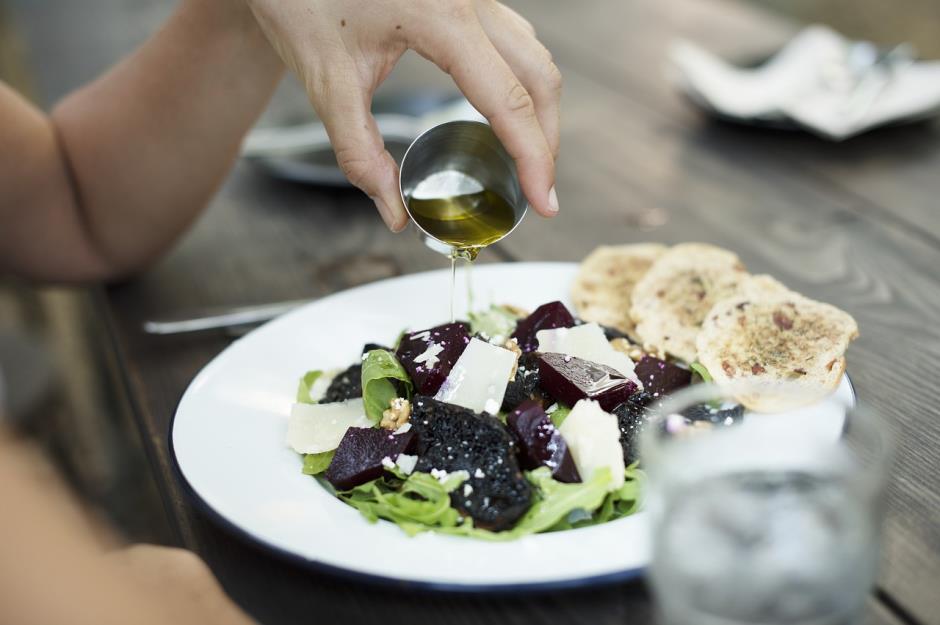
Spices
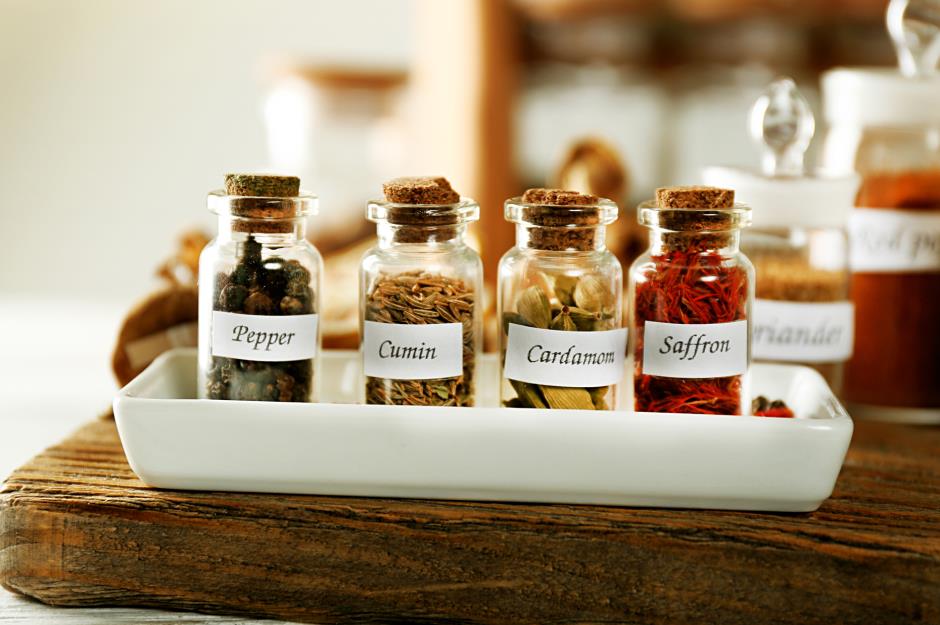
It takes time to accumulate a decent spice collection, but you'll find spices can transform your dishes. Buy whole spices – they stay fresh for longer and have more pungency – and grind yourself. Remember that a little goes a long way and spices don’t last forever, so store in glass jars in a cool, dark place. Not sure where to start? Check out our A to Z of herbs and spices here.
Locally grown vegetables
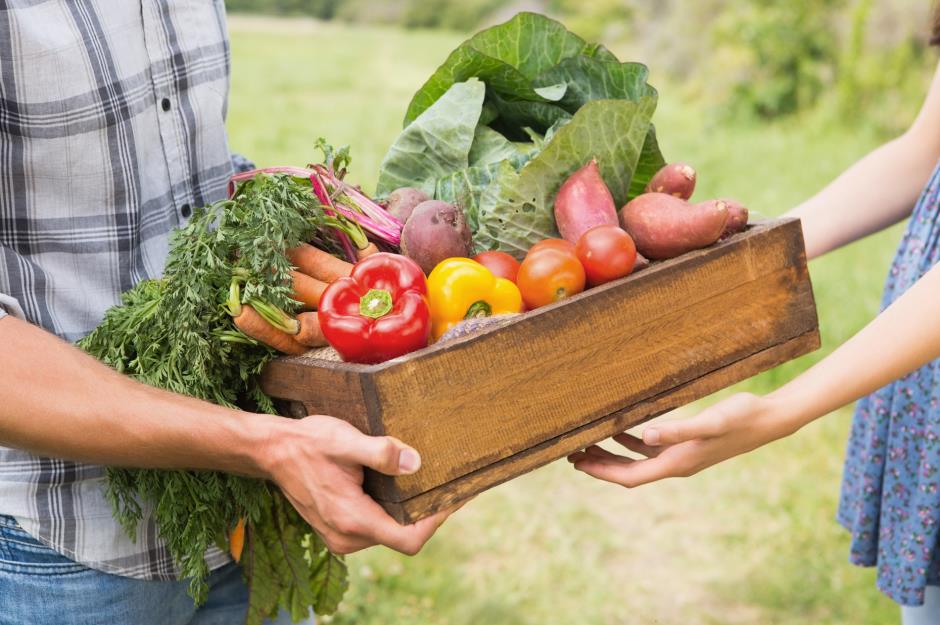
Vegetables grown by small producers might be more expensive, but the benefits of buying local far outweigh the negatives. Not only are you supporting farmers, but you're getting fresh, seasonal produce that hasn't travelled thousands of miles to reach your table. Veg box schemes can be excellent value or look for locally grown products in the supermarket or at your closest farmers’ market.
Fresh meat stock
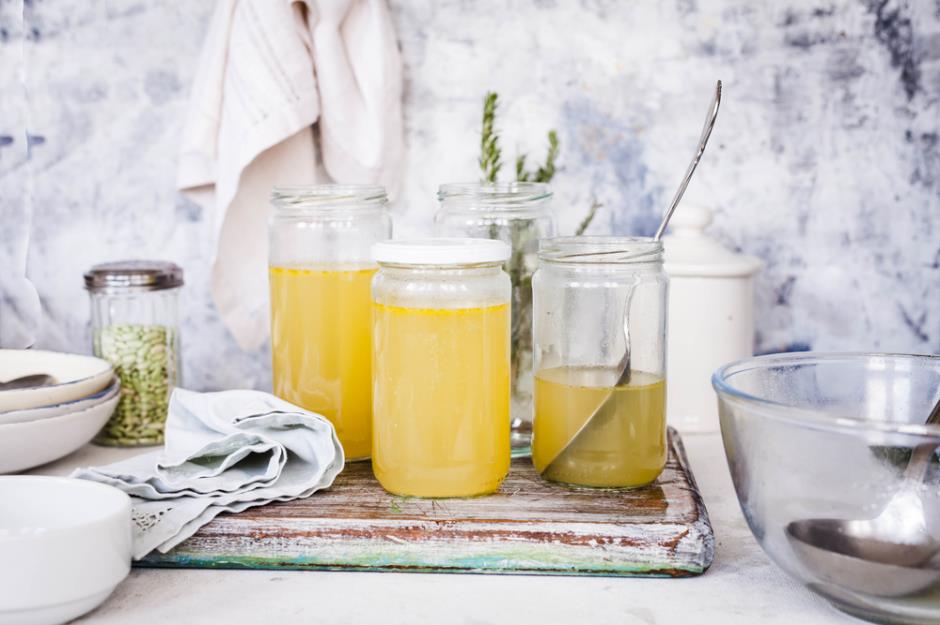
Greek yogurt
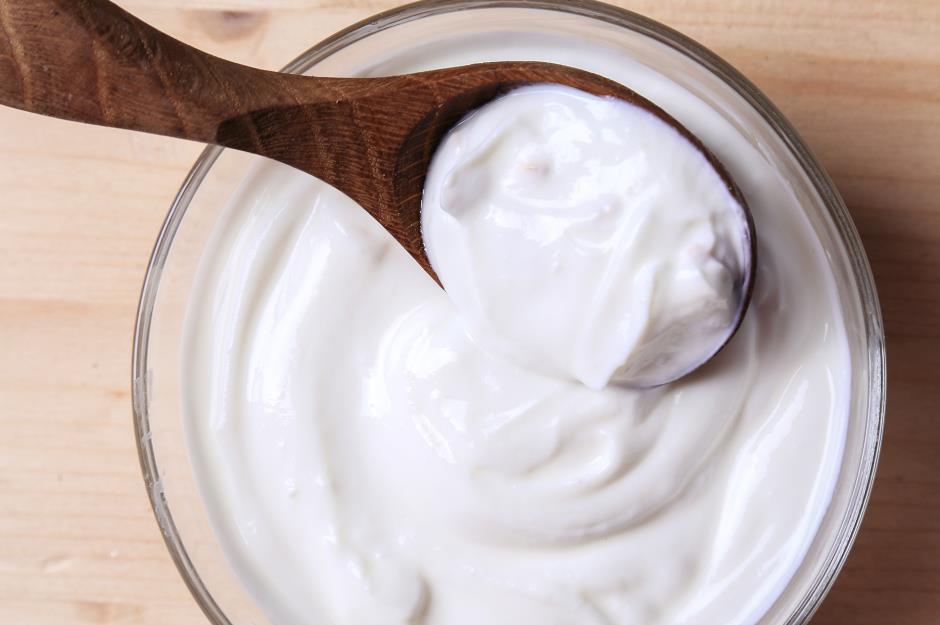
Artisan bread
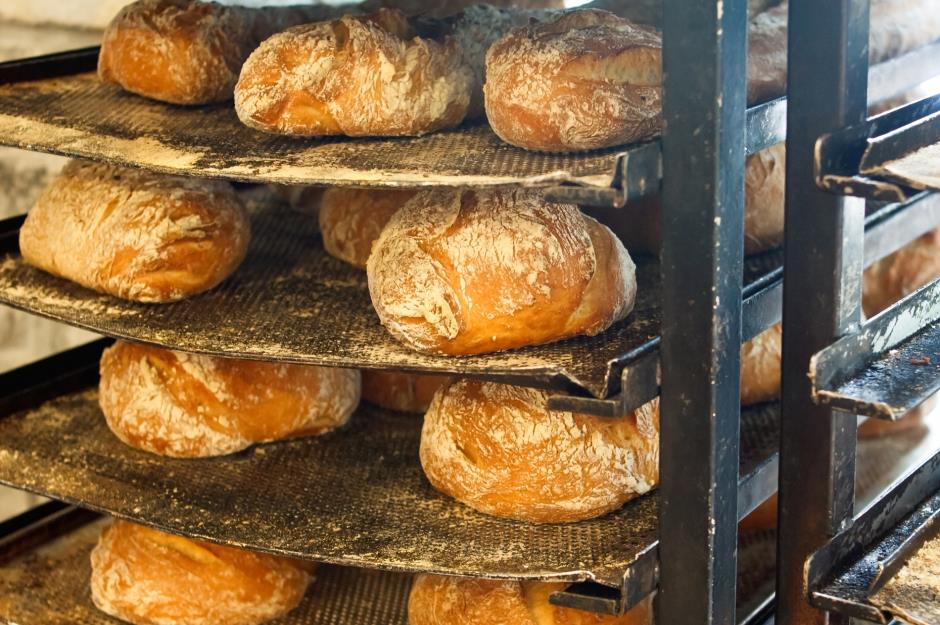
High welfare meat
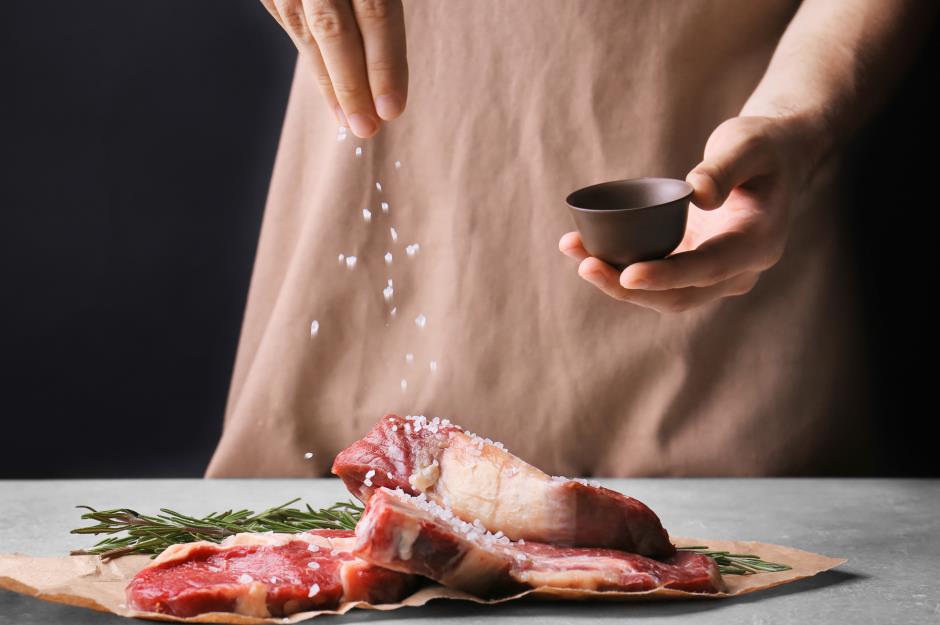
Raw honey
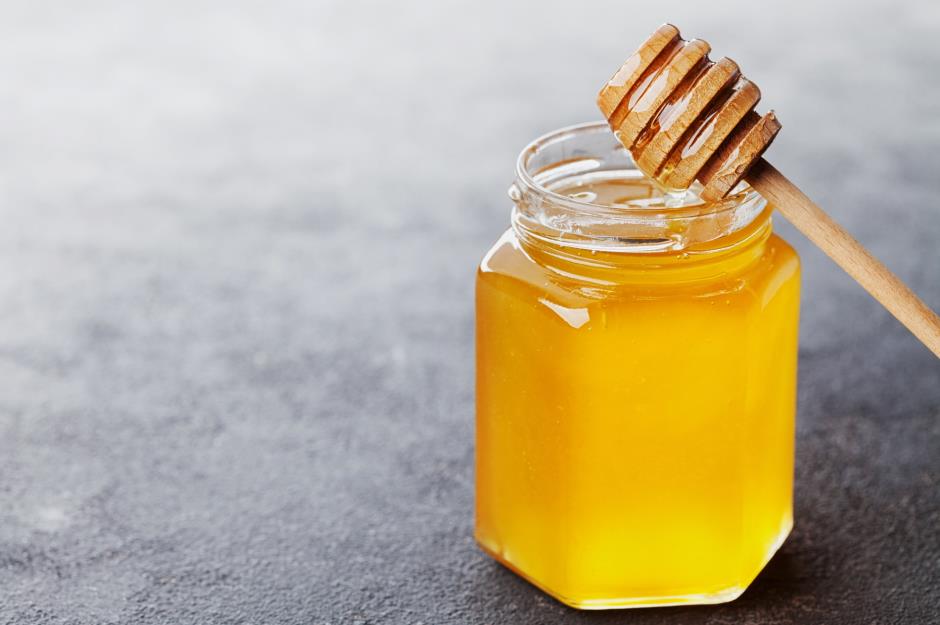
Ice cream
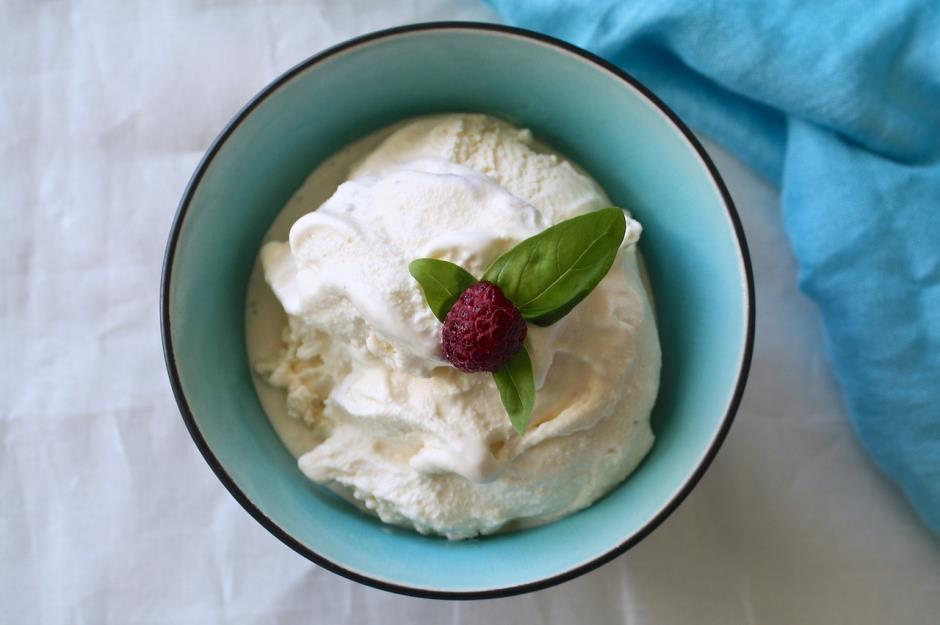
Sustainably sourced fish
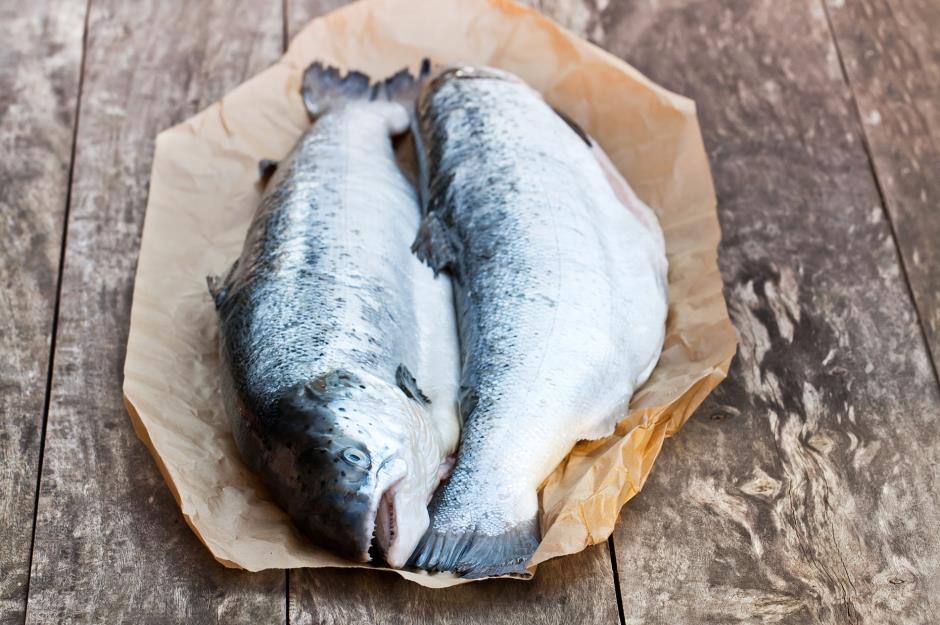
You’ll pay a little more for sustainable fish but it’s better for fish stocks, fish welfare, the oceans and the communities involved. Look for line-caught fish, and research which species have been overfished in your nearest waters. Wild fish, such as wild salmon, are largely free from antibiotics and hormones that can affect quality and generally higher in omega-3 essential fatty acids.
Vanilla
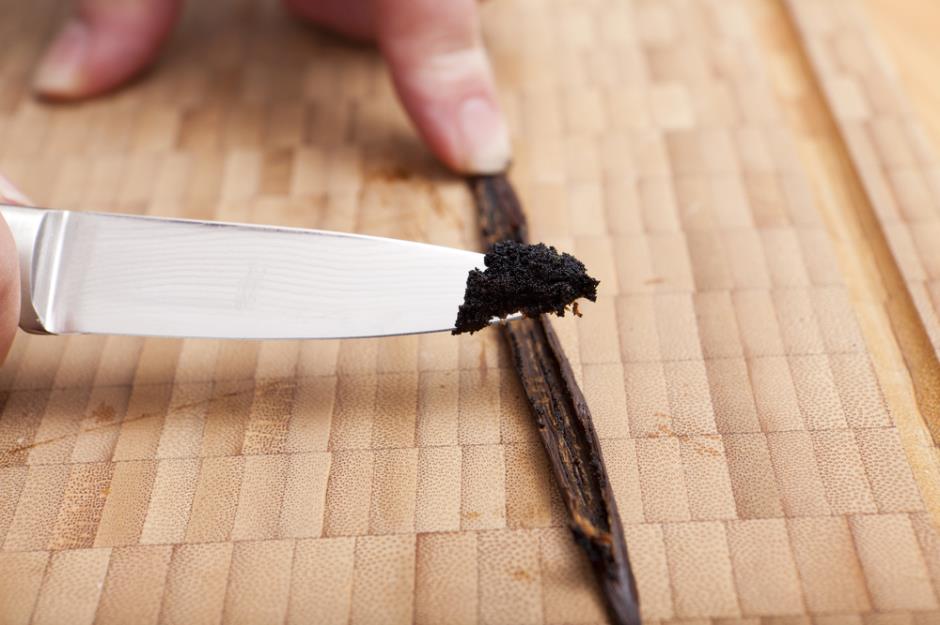
Vinegar
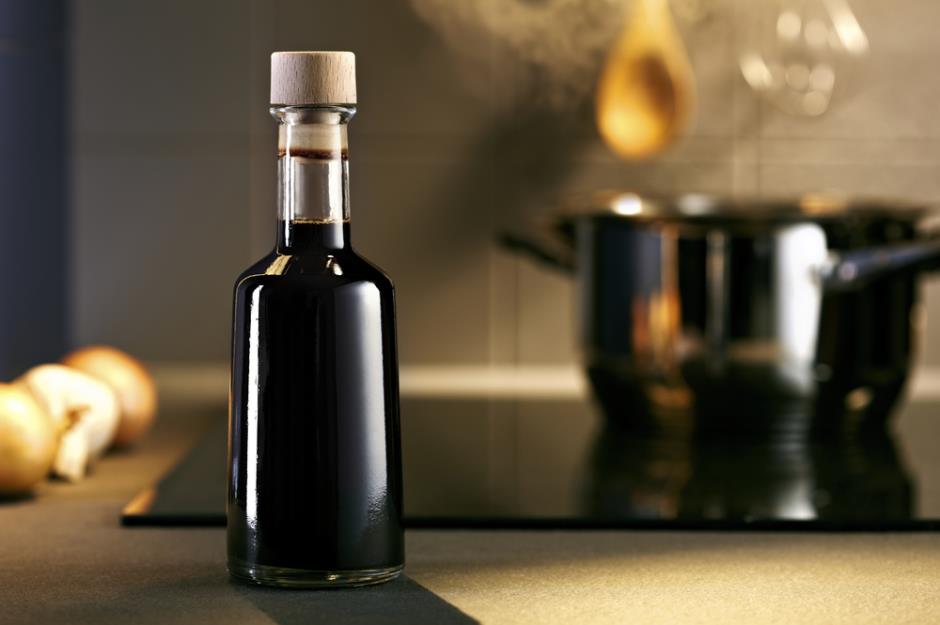
Natural wine
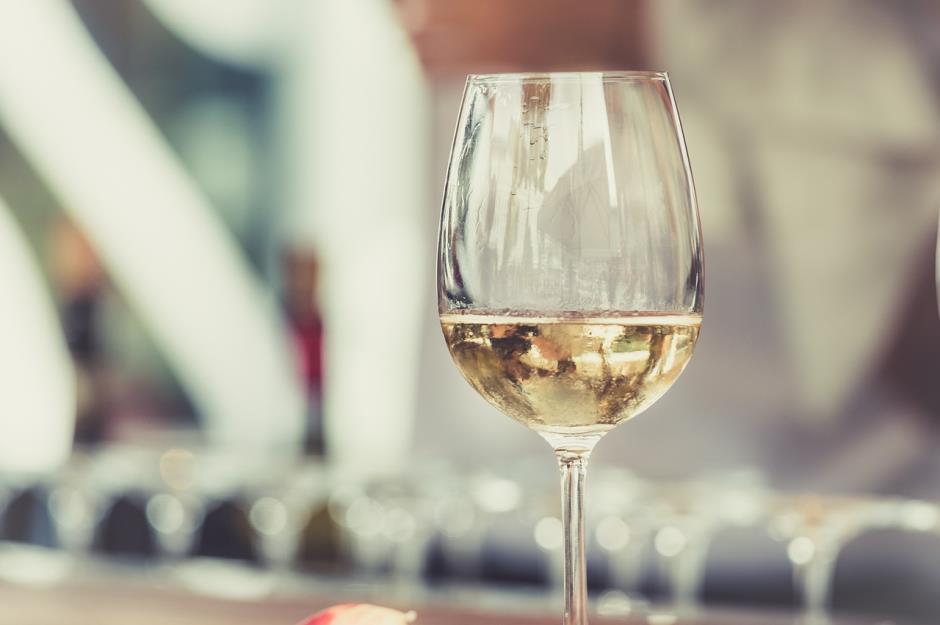
Great wine doesn’t necessarily have to be expensive but natural wines are worth paying extra for. There is no hard-and-fast definition of what makes wines 'natural', but the vast majority come from small producers using a philosophy of low intervention in the vineyard and winery, meaning fewer chemicals and more interesting flavours. Many are also biodynamic and organic, making them kinder on ecosystems and kinder on us. In 2016, Forbes reported that biodynamic wine “is the future”, although it may take a while for all critics to be convinced.
Organic dairy
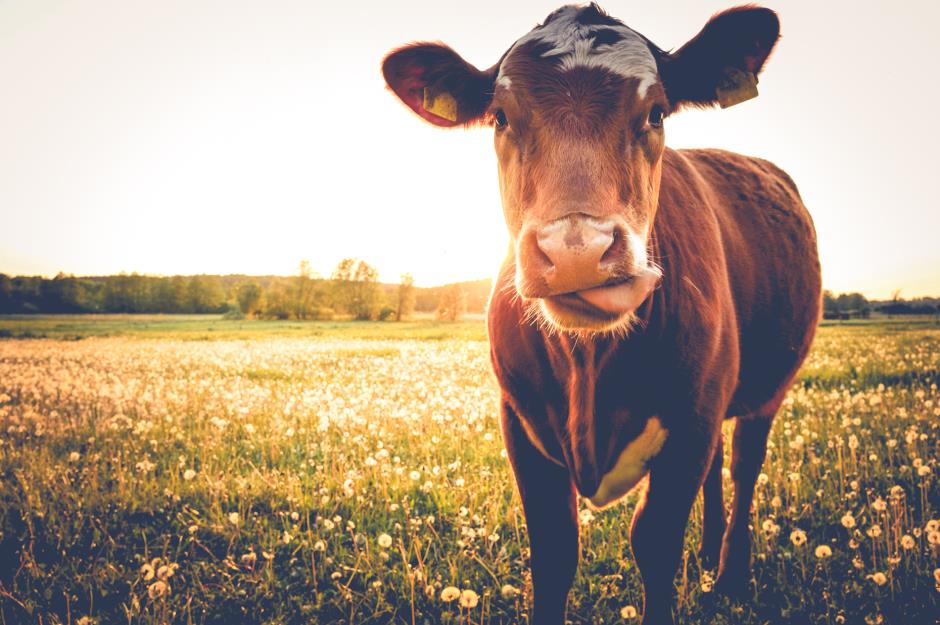
BPA-free tinned food
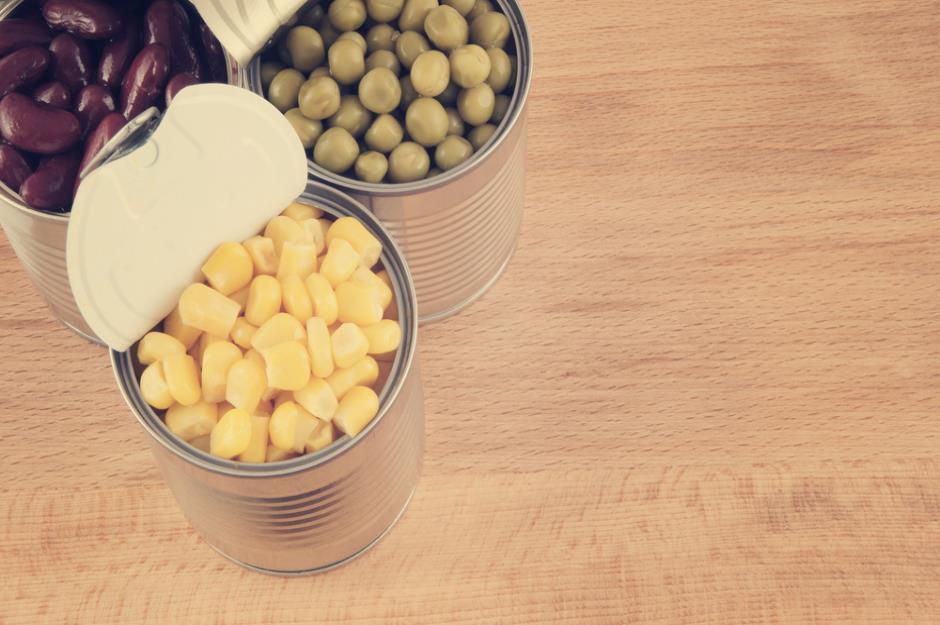
In 2016, certain food companies, including Campbell Soup and Del Monte, pledged to phase out BPA in response to increasing concerns that the chemical – which coats the lining of tins and is found in plastic food containers – disrupts the endocrine system, is linked to female infertility and impairs child brain development. Opt for BPA-free brands such as Biona and Mr Organic, look for goods such as tuna and anchovies in glass jars, and buy BPA-free water bottles and Tupperware.
Cheese
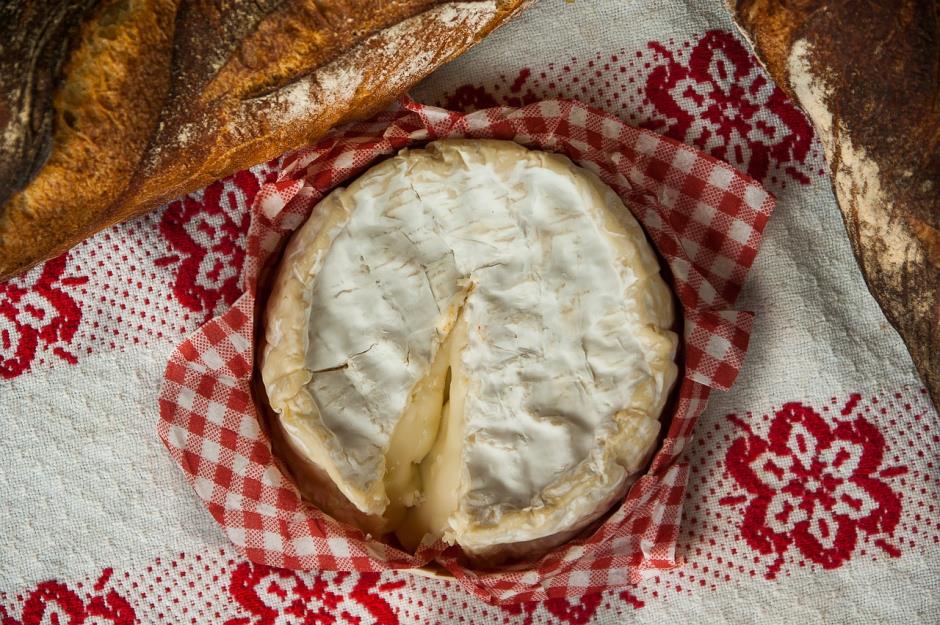
Fresh juice
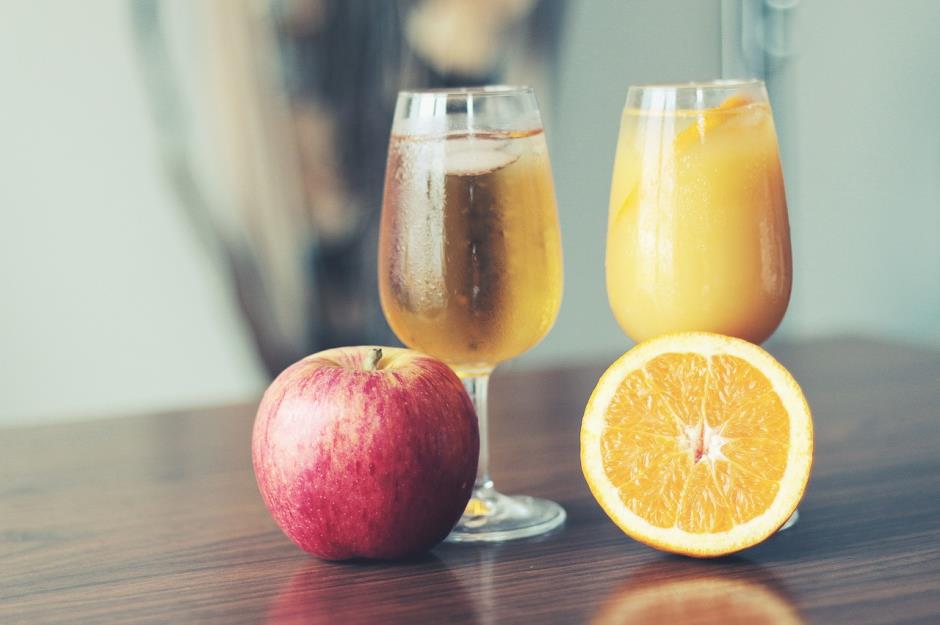
Coffee

Wild game

Game that’s been caught in the wild rather than farmed has numerous benefits: it’s leaner, antibiotic- and hormone-free, is more ethically sound, and if you buy local has a lower carbon footprint. Grass-eating game also has more omega-3 fatty acids and conjugated fatty acids (CLA) compared to grain-fed animals.
Chillies
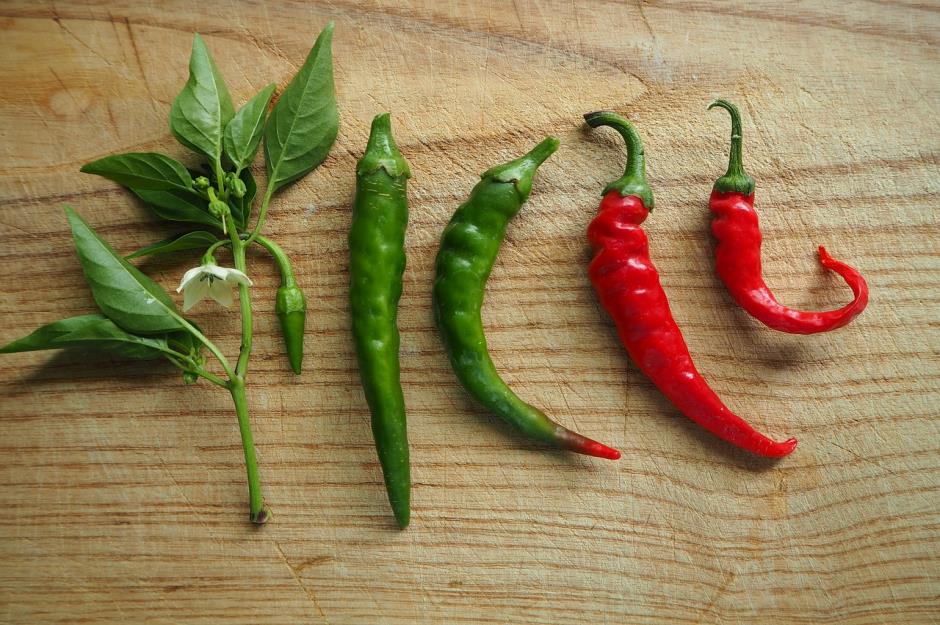
Comments
Be the first to comment
Do you want to comment on this article? You need to be signed in for this feature
Most Popular
Reviews 31 unbelievably sugary cereals from around the world